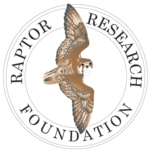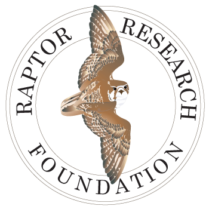Events
UPCOMING CONFERENCES

2024 Annual Meeting of the Raptor Research Foundation
21-26 October 2024, Charlotte, NC, USA with the Carolina Raptor Center

2025 Annual Meeting of the Raptor Research Foundation
14-18 October 2025, San Jose, Costa Rica with the Kekoldi hawk watch site
